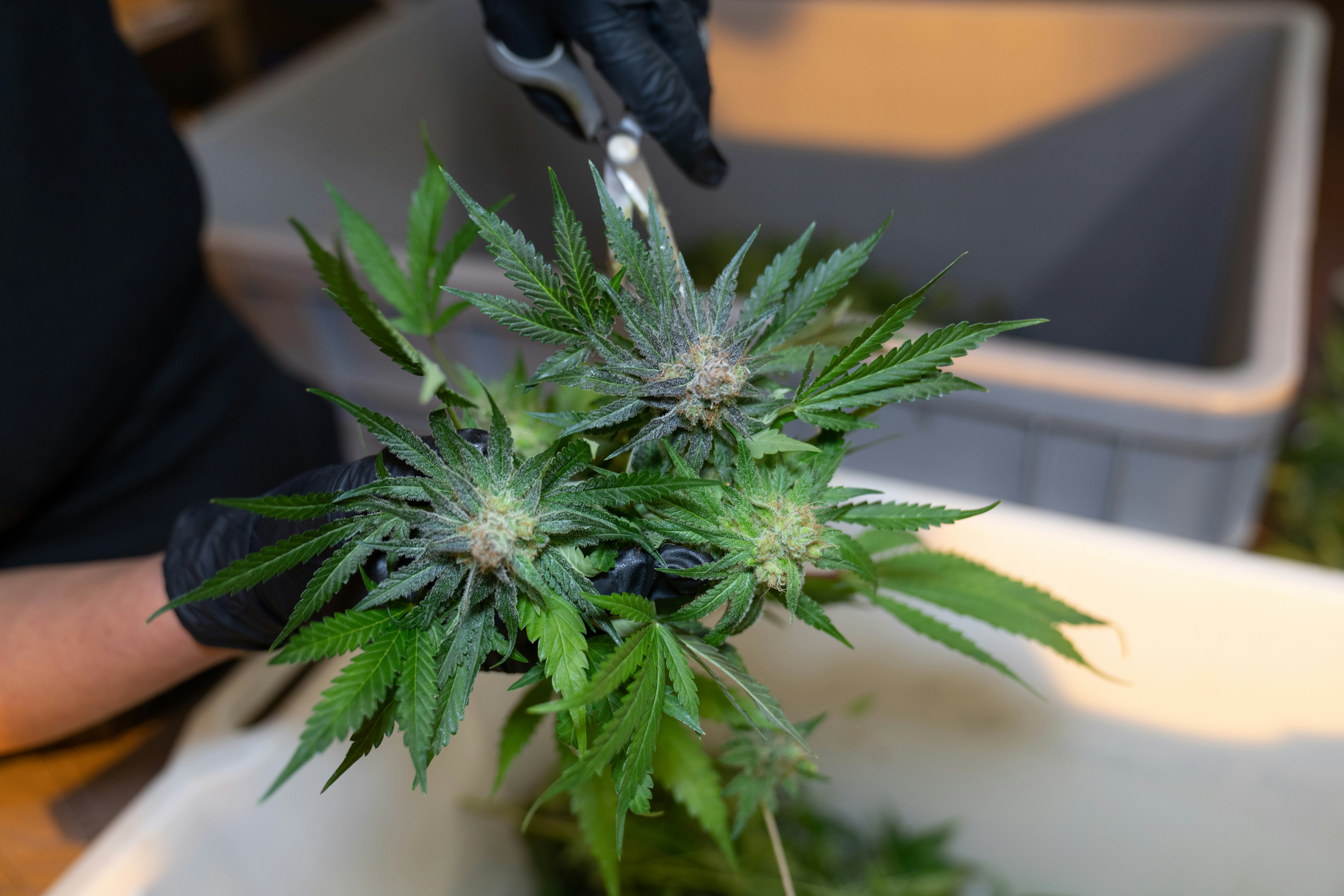On December 2, 2022, President Joe Biden signed H.R. 8454 into law, officially known as the Medical Marijuana and Cannabidiol Research Expansion Act (the “Act”). This bipartisan legislation marked a significant milestone as the first standalone cannabis reform passed by Congress since the Controlled Substances Act of 1970 (“CSA”), which had placed cannabis in the category of substances with no accepted medical use and a high potential for abuse. The Act aims to ease federal restrictions on cannabis research by streamlining the approval process for cannabis-related studies, a move seen as essential for advancing scientific understanding of the plant’s medical potential.
Despite its historic nature, industry professionals remain divided on whether the Act will significantly enhance medical cannabis research. While it theoretically simplifies the path for obtaining federal approval for cannabis studies, some experts argue that deeper structural changes are still needed to fully unlock the industry’s research capabilities. As we approach the two-year mark since its enactment, the question remains: has the Act lived up to its promise of facilitating cannabis research, or is it merely a small step in a longer journey?
H.R. 8454’s Effect on Cannabis Research
To expedite cannabis research, the Act imposes a sixty (60)-day deadline on the U.S. Attorney General to approve of medical cannabis research, manufacturer applications, or to request additional information. If additional information is requested, the U.S. Attorney General must approve or deny an application no more than thirty (30) days after receipt. Moreover, it streamlines requests from entities that require large amounts of cannabis to conduct their research, while also mandating an assessment to be done each year on how much supply is needed for approved studies.
The Act’s intent of such timeframe mandates is to eliminate the U.S. Drug Enforcement Administration’s (“DEA”) current delayed processing times as some scientists have been waiting years to receive approval. Although the imposed mandates sound good in theory, how they are being applied in real time is inadequate as the Act does not provide for any consequences on the DEA if such deadlines are not met. Such disapproval was demonstrated this March, as Representatives Earl Blumenuaer and Andy Harris, who sponsored the Act, sent a letter to the DEA and U.S. Department of Health and Human Services (“HHS”) outlining their concerns that the Act was not being implemented as Congress intended.
Moreover, many industry experts call into question whether this Act will regress the progress of cannabis research if cannabis is rescheduled to Schedule III under the CSA. When the Act passed, it amended the CSA for cannabis or cannabinoid research to ease the restrictions that apply to cannabis specifically since it is classified as a Schedule I drug. However, due to it creating separate regulatory requirements for such research, cannabis researchers and manufacturers, even those studying legal industrial hemp, are now required to register with the DEA regardless of classification. Prior to the Act’s passage, research related to any cannabis compounds containing less than 0.3% delta-9 THC, which is legal under the 2018 Farm Bill, did not require a DEA registration, however, now its mandated.
Inadequate Product Supply
A notable hinderance on federal cannabis research for years has been restrictions derived from the product provided by federally licensed cannabis cultivators. Since 1968, the only cannabis permitted to be used in federal cannabis research comes from the University of Mississippi, whose operations are known for producing low-quality cannabis. Unfortunately, the Act does not address this issue, which further calls into to question the intent of advancing cannabis research as researchers are restricted from aligning the quality of cannabis on the market with the cannabis used in current clinical trials and studies.
Eight (8) years after expressing their intent to expand the number of federally licensed cannabis cultivators, the DEA has only licensed an additional seven (7) cultivators to provide cannabis to researchers. The lack of enforcement is demonstrated in the recent lawsuit filed by MMJ BioPharma Cultivation as they have been waiting since December 2018 to legally cultivate cannabis for federal research. The company alleges that the DEA is delaying their approval in violation of the Act as they have obtained all registration requirements mandated by law.
Conclusion
In conclusion, the Medical Marijuana and Cannabidiol Research Expansion Act represents a significant step forward in easing federal restrictions on cannabis research, but its overall impact remains to be seen. As the medical cannabis industry continues to evolve, the Act may serve as an essential foundation for future developments in scientific research and regulatory changes. However, whether it fully addresses the industry’s needs for innovation and access remains a topic of debate, two years after its enactment. Only time and continued legislative efforts will determine whether the Act has truly succeeded in advancing medical cannabis research.

